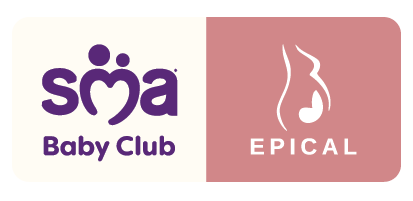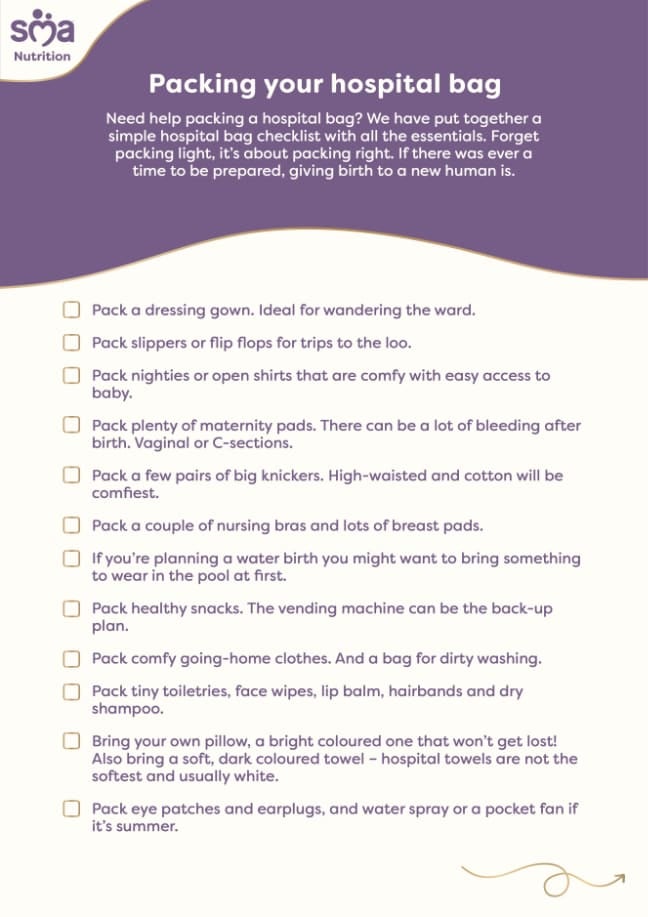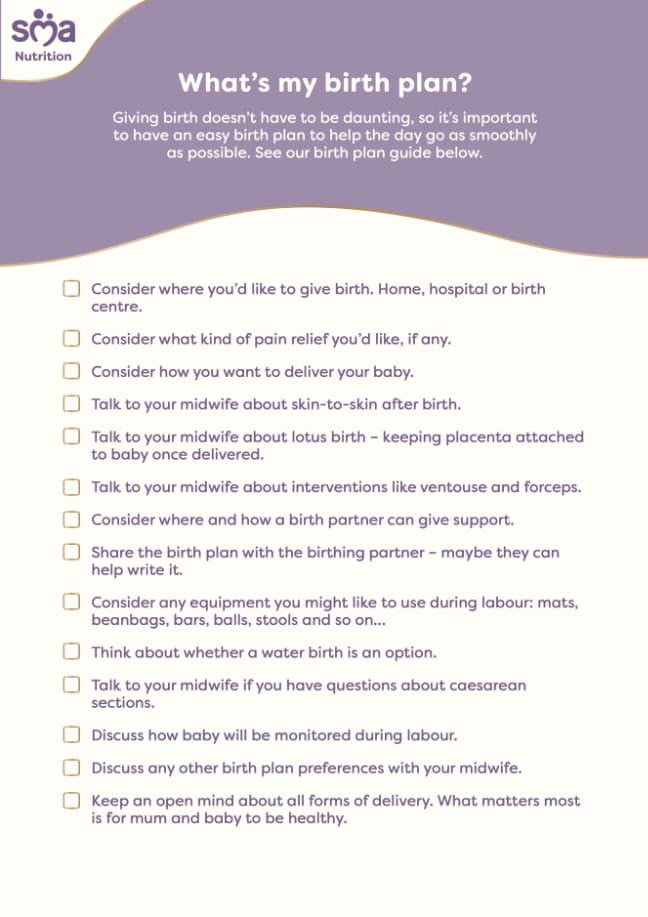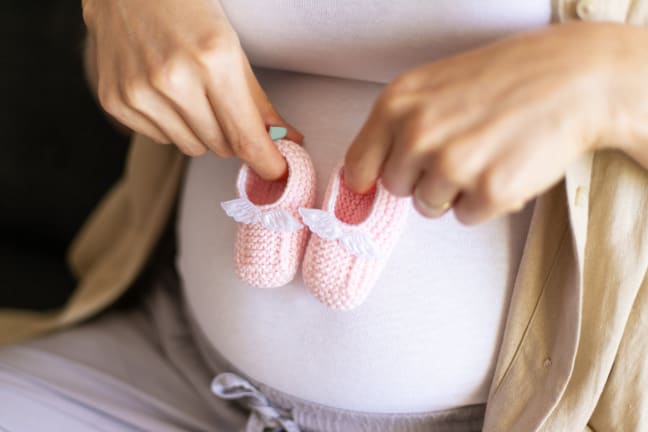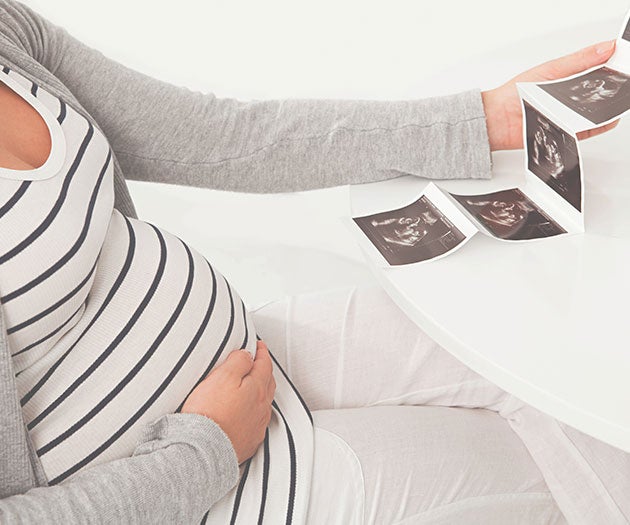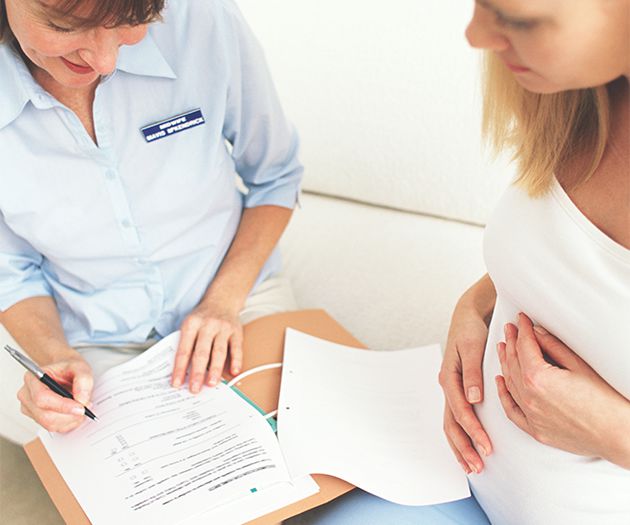Introduction
At week 38 your baby is the size of a watermelon. The lungs will continue to develop even after the birth. Do you know the signs of labour? You know the obvious ones, read on to find out more about the less obvious ones. Now’s the time where it’s all about prepping. Nursery ready? Is your birth plan clear? Hospital bag ready? Read on to find out what else needs to be prepped before the big day. Ever wondered what’s in breast milk? It’s quite fascinating.
Read our top tips to help alleviate swollen ankles and information of what to expect at 38 weeks pregnant.
What happens at 38 weeks pregnant?
At 38 weeks pregnant you’re carrying something of similar size and weight to a watermelon. Yes, your little one is about to make a grand entrance into the world. Baby’s respiratory system is getting ready to work on its own - it’s been relying on yours up till now. The lungs will continue to develop after birth though, with the bronchial tubes dividing six more times. The brain will be the least developed organ at birth, but this will mature continually from birth until they’re 25 years old.
Fixtures and circuits get constructed as if they were a computer, improving as baby takes in information, creating feeling and emotions. Your little one will develop understanding and coping skills, and these will continue to grow over time to make your little person unique.
By now baby can see, hear, taste, smell and feel. Their brain activity will change in response to sounds, and they are beginning to explore touch by feeling their face. If you’re having twins, they may even interact with each other in the womb.
What happens to your body at 38 weeks pregnant?
Labour could be any day now. You ready? Course not. No one ever is. But here’s a last-minute reminder of the signs that you’ll be on your way to hospital soon.
Contractions – this is the obvious one. They’re a sign of labour but it depends on how regular they are. If you’re experiencing pain and having regular contractions every five minutes which last as long as 60 seconds each time, call the hospital.
Braxton Hicks are different from labour contractions. Some of the differences between Braxton Hicks and labour contractions include varying from length, strength and frequency. You’ll also find that Braxton Hicks contractions feel more uncomfortable than intense and painful.
The mucus plug aka ‘a show’. You may pass a small sticky jelly-like mucus before labour. Not all women do, and it can happen just before labour or several days before.
Waters breaking. Another sign we’re all familiar with, but in real life it’s not always obvious. It could be a trickle or flood. It may happen just before, or after, regular contractions. But once your waters have broken you should be in labour no more than 24 hours later, if not you may be induced. This is because without amniotic fluid, baby is much more vulnerable to infection.
Intervention. Some babies need a hand with their journey from the womb to the world, so forceps or a ventouse may be used to help them out. Sometimes a Caesarean Section is the best option, if so, your midwife will explain everything.
Read our article to find out more about the signs of labour.
Benefits of breast milk
If you’re thinking of breastfeeding, the truth is that breast milk is the best source of nutrition and has everything your little one needs to grow healthy and strong. It can be easily digested and contains hundreds of nutrients to keep baby’s digestive system healthy.
Your milk is full of millions of live cells, like immune-boosting white blood cells and stem cells which may help organs develop and heal. And then there’s 200 complex sugars called oligosaccharides which are prebiotics that feed ‘healthy bacteria’. Oligosaccharides help to reduce infections and help to reduce the risk of brain inflammation.
Breast milk is also packed with proteins to help baby grow and the amount of protein in your breast milk will automatically adapt to your baby’s nutritional needs.
As if that wasn’t enough, there’s even five types of antibodies in your milk which help to protect baby from illness and infections. Find out even more about the wonders of breast milk.
What are the symptoms of 38 weeks pregnant?
Symptoms at 38 weeks of pregnancy can include swollen ankles and feet. You baby may be putting pressure on your blood vessels which can affect the flow of blood to your legs. Fluid can build up which can contribute to swelling in the ankles and feet. Here are some tips to give you some relief:
- Wear loose comfortable socks and shoes
- Elevate your feet whenever you can
- Try to avoid standing for long periods of time
- Drink plenty of water – this may sound strange but drinking plenty of water helps flush any retained fluids out of your system
Speak to your GP, midwife or hospital if you get sudden swelling of the face, hands or feet as this could be a sign of pre-eclampsia.
Exploring your birth plan options
It’s all getting a bit real now, and you may start feeling a little jittery and nervous about one of the biggest days of your life. So, it’s good to double-check things and make sure you have everything ticked off.
Have you got everything you need for the hospital? We have put together a simple hospital bag checklist with all the essentials, download or print and get started.
Is your birth plan up to date? Are there any last-minute changes you want to make? Do your notes clearly state how you’d like things to go during labour, and once baby has been delivered? Read our handy birth plan guide below.
Do you want to do any last minute nursery prep?
You might want to bookmark this article on recovery after birth, or have a look now so you can stock up on some toiletries and food supplies and learn a few tips for the ward.
You want to be as ready as possible, but in reality we’re never fully ready for the monumental experience of labour. So even if every single thing isn’t ‘just-so’, remember to take a moment to breathe. Being as relaxed as possible is the best preparation.
If all else fails, we’ve put together a library full of lists to get you through almost every step of the way - It really is the Mother of all Checklists. Join the SMA® Baby Club for your free guide.
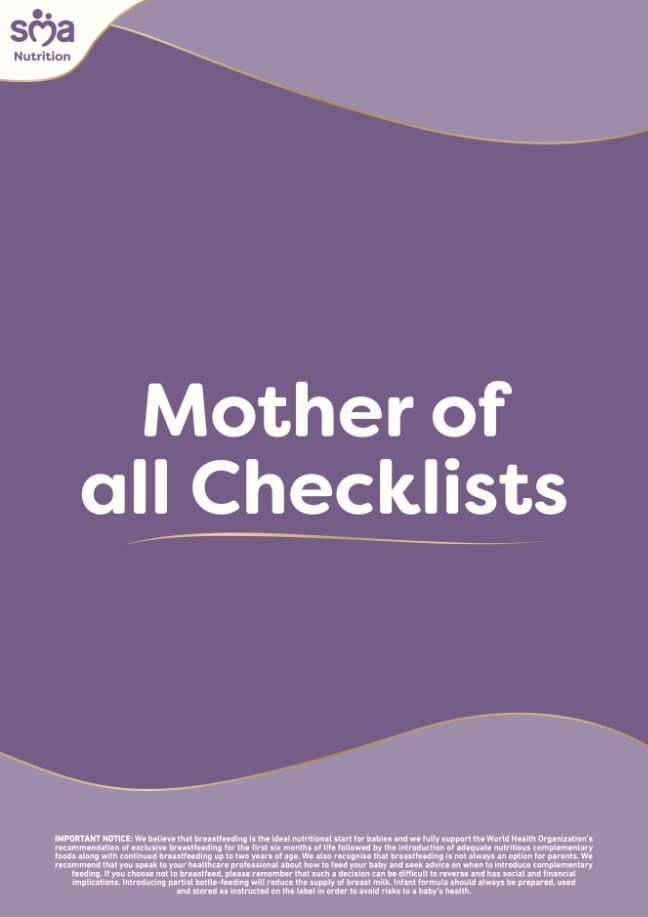
Join SMA® Baby Club to receive the Mother of all Checklists. With 63 checklists across your parenting journey from pregnancy through to toddlerhood we have you covered.





